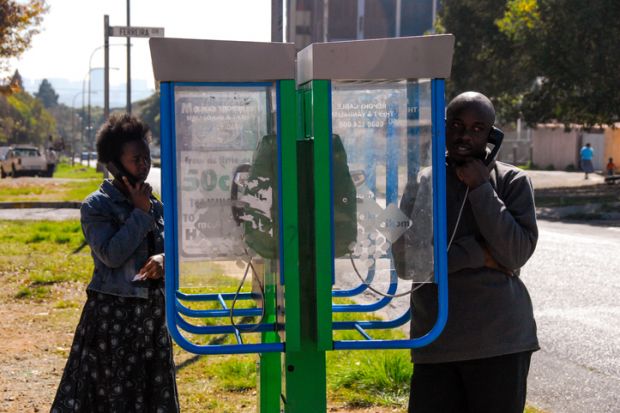Vice-chancellors are seeking to iron out the practicalities of fully implementing multilingualism in South Africa’s universities.
The national Language Policy Framework – which seeks to integrate the country’s 11 official languages into higher education – is the subject of a two-day summit this week.
While it has many benefits, the rainbow nation’s multilingualism poses all sorts of problems, according to Martin Hall, former deputy vice-chancellor at the University of Cape Town.
While universities have autonomy in deciding the medium of language taught, English is the medium used in the overwhelming majority of them – apart from a handful that are bilingual, using English and Afrikaans.
The government’s policy since 2020 has been to strongly encourage higher education providers to give attention to multilingualism, although it cannot mandate it.
Although English is widely acknowledged as the global language of business and commerce, Professor Hall said, there was “passionate interest” in maintaining multilingualism in South Africa.
The problem is how to put that into practice, which is one of the issues the second Vice-Chancellors’ Consultation Colloquium will face on 1-2 December, hosted by the University of Pretoria and Universities South Africa.
“Universities can make a rich and meaningful contribution as to how the language framework should unfold in practice in our lecture rooms, at our conferences, in our research and in our internal and external communication,” Tawana Kupe, vice-chancellor of the University of Pretoria, told Times Higher Education.
Vice-chancellors have already begun to “tease apart” the policy framework in previous sessions, but Professor Kupe hoped that by asking the “difficult questions” this week’s meeting will help them work out how to successfully implement it.
“Universities have a critical role to play in embracing multilingualism, and many are doing just that through vocation-specific language courses,” he said.
“Through teaching students specific words and phrases pertinent to their sector, graduates can interact more effectively with the people accessing their services whose first language is not English.”
Such courses help develop proficient graduates who can operate across a wide variety of environments, but also transform graduates into more well-rounded, socially conscious students.
Professor Hall said all 11 languages formed a crucial part of South African culture, and universities must promote opportunities for students to practise multiple languages or develop competencies in multiple languages.
“I don’t think anybody is suggesting that anybody should learn 11 languages, but I think that the ideal would be that in addition to English and Afrikaans, every student in a university would also have a working knowledge of an African language,” he said.




